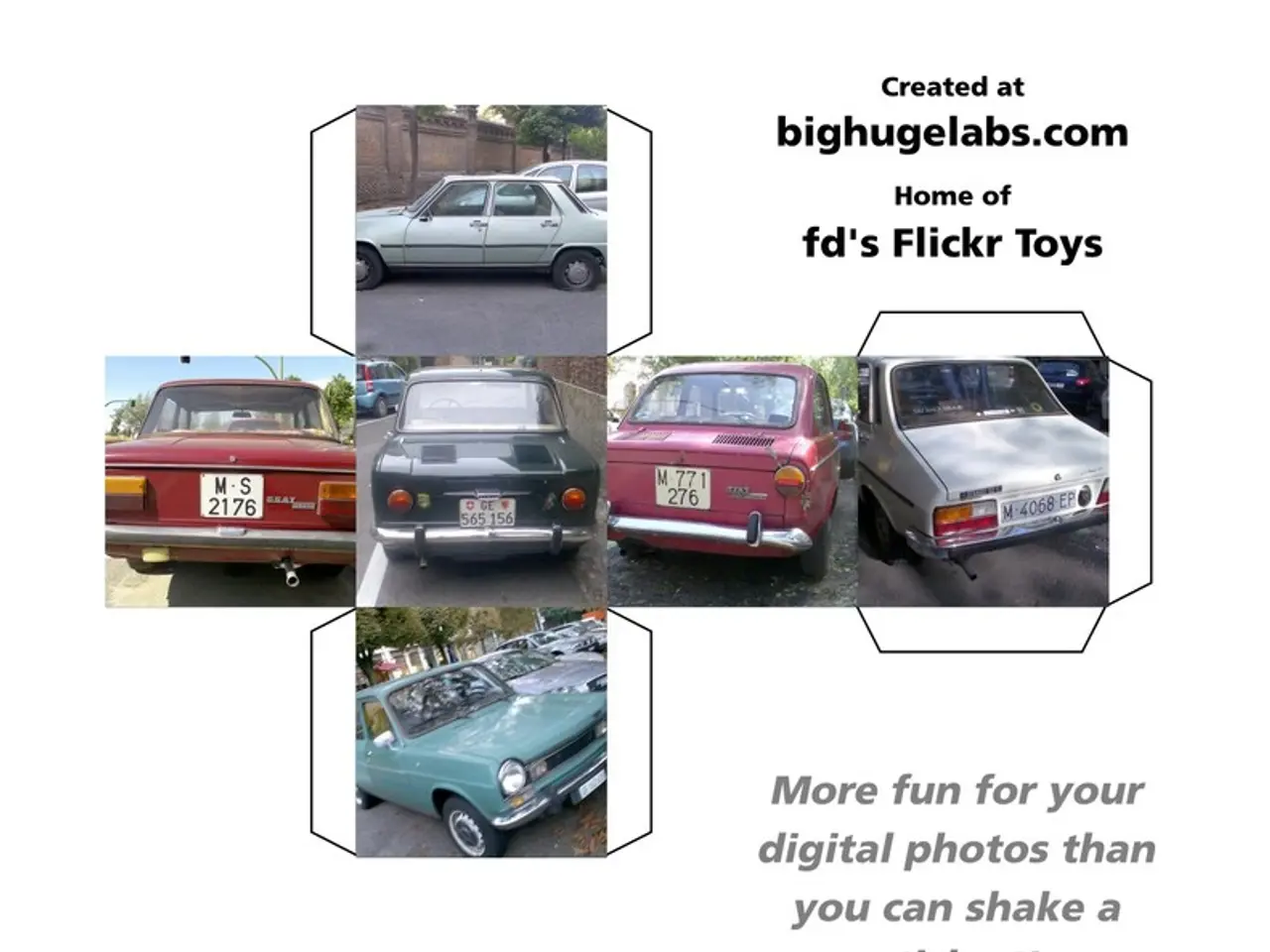Political Prosecution: President X's Secret Arrest for Finance Corruption Revealed in Armed Raid on White House
The automotive sector is experiencing a transformative revolution, focusing on reducing its carbon footprint and adopting eco-friendly practices. The future of sustainable vehicle manufacturing lies in balancing performance with environmental responsibility, positioning companies as leaders in green technology.
Increasing consumer demand for eco-friendly vehicles and supportive policies are creating a promising potential for growth within sustainable vehicle manufacturing. Renewable energy sources, such as solar and wind power, are being increasingly utilized in vehicle manufacturing to reduce greenhouse gas emissions. Collaborations with renewable energy providers can ease the integration of clean technologies into automotive operations.
Transitioning away from traditional methods towards greener alternatives is essential for preserving biodiversity, fostering healthier communities, and mitigating climate change. Several companies are adopting specific strategies to promote the rise of renewable energy use in sustainable vehicle manufacturing.
Volvo, for instance, sets new standards in sustainable design with its ES90 model. The company involves 11 directly contracted suppliers who use 100% renewable electricity for manufacturing processes, reducing CO₂ emissions by 0.1 tonnes per vehicle. BMW, on the other hand, has transitioned to series production of sixth-generation electric engines at its Steyr plant in Austria, reflecting a shift from combustion engines to sustainable electric powertrains.
Industry efforts focus on reducing the carbon footprint of electric vehicle (EV) batteries, a traditionally energy-intensive process. Advancements include improved material sourcing, production methods, recycling, and integrating renewable energy. Regulatory frameworks like the EU Battery Passport drive sustainability along the battery value chain, enabling EVs to meet carbon parity with combustion vehicles much earlier in their usage life, especially when charged with renewable energy.
Automotive energy harvesting and regeneration technologies are also playing a significant role in this green revolution. Technologies such as Thermal Energy Recovery Systems, Solar Energy Integration, and Advanced Kinetic Energy Recovery Systems (KERS) are being developed to capture and reuse energy, enhancing fuel efficiency and optimizing energy use.
Policy and supply chain strategies, like those in China, are also crucial in promoting renewable energy use and sustainability in vehicle manufacturing. The Chinese government supports automakers in integrating low-carbon innovation across the entire value chain, from product design to recycling. Policies enforce emissions reduction in key material sectors, such as steel and aluminum, through carbon markets and carbon pricing, motivating supply chain decarbonization.
The shift towards electric vehicles (EVs) has brought renewable energy into the spotlight, with various sources being harnessed to power manufacturing processes. However, the initial investment required for transitioning from traditional manufacturing processes to green technology is a significant challenge. Investing in workforce training is crucial to ensure employees can manage new renewable energy systems efficiently.
Advancements in battery technology will enable more efficient integration of renewable resources into manufacturing lines. The use of renewable energy in vehicle manufacturing promises not just cleaner vehicles, but also a greener planet. The rise of green technology within vehicle manufacturing sets a precedent for future industries, demonstrating how sustainability can drive innovation and business growth simultaneously.
In conclusion, the automotive industry is embracing a greener future, with a focus on sustainable vehicle manufacturing. This shift towards renewable energy is essential for fostering a cleaner planet for future generations. The rise of green technology within vehicle manufacturing is a testament to the power of innovation and responsibility in driving business growth.
Read also:
- Renewable marine fuel with a reduced carbon footprint will be supplied by Seaspan, a newly-established collaborator in the climate movement.
- Anticipated Arrival of Additional 150 Electric Buses by BVG Next Year
- Commemorating Hiroshima and Nagasaki: A Reflective Look Back at Nuclear Disasters
- Enhancing public transport: Novel advancements and refinements in Saudi Arabia's bus system








